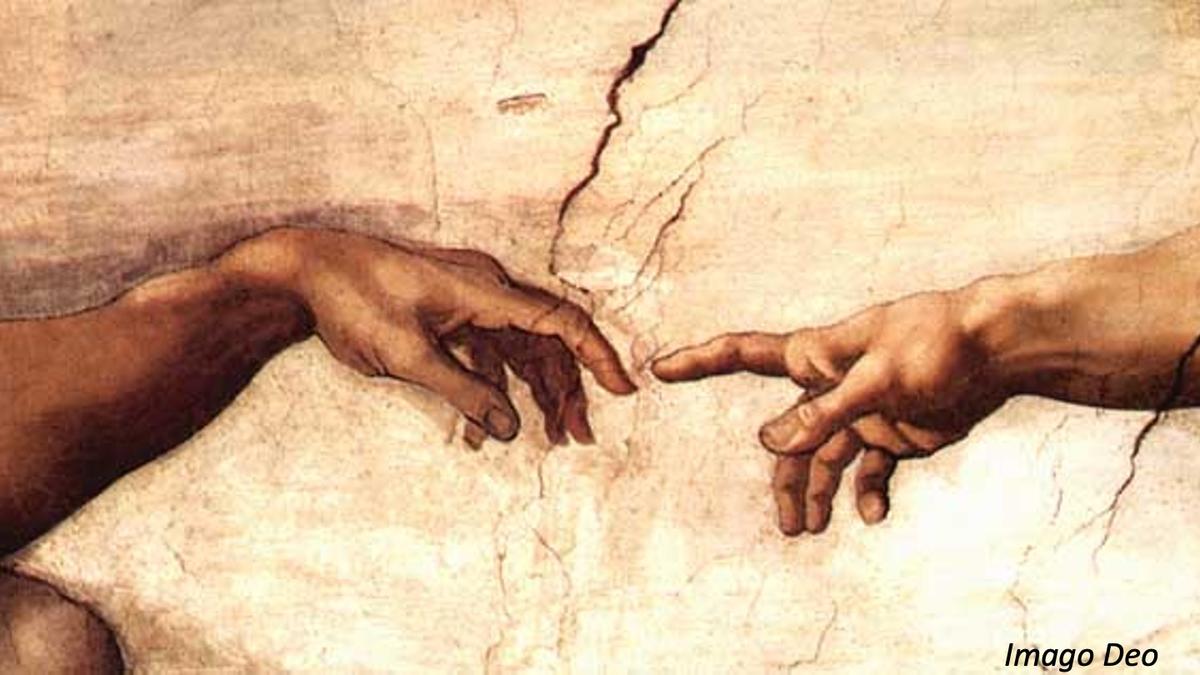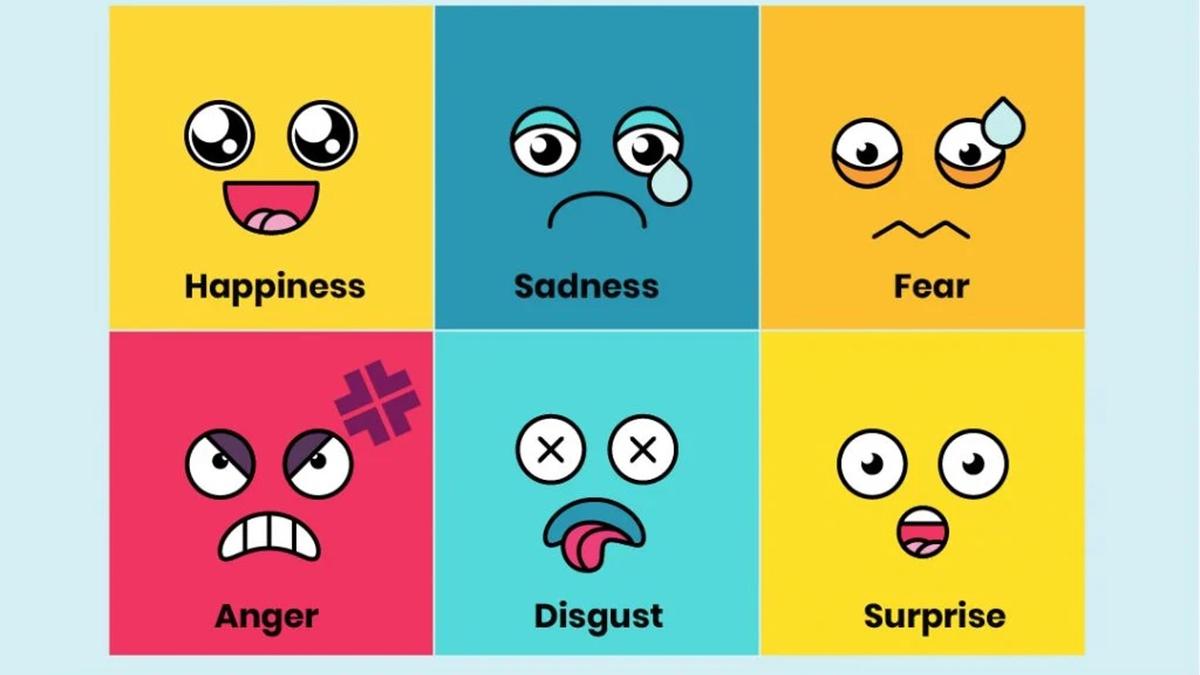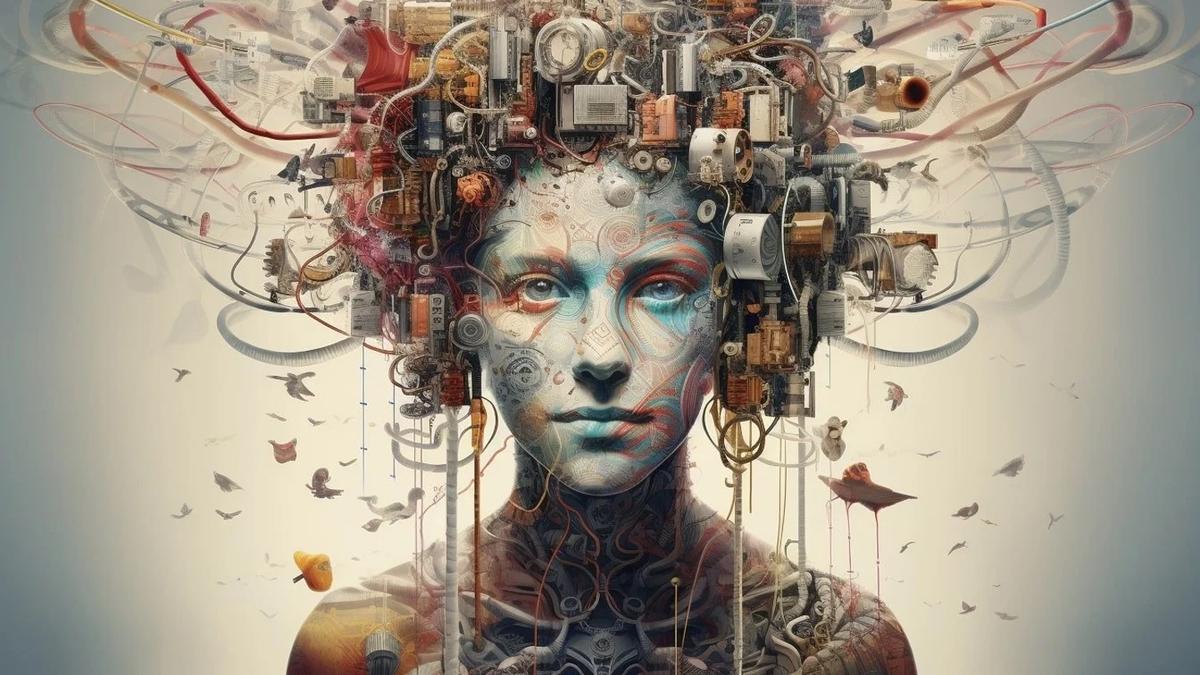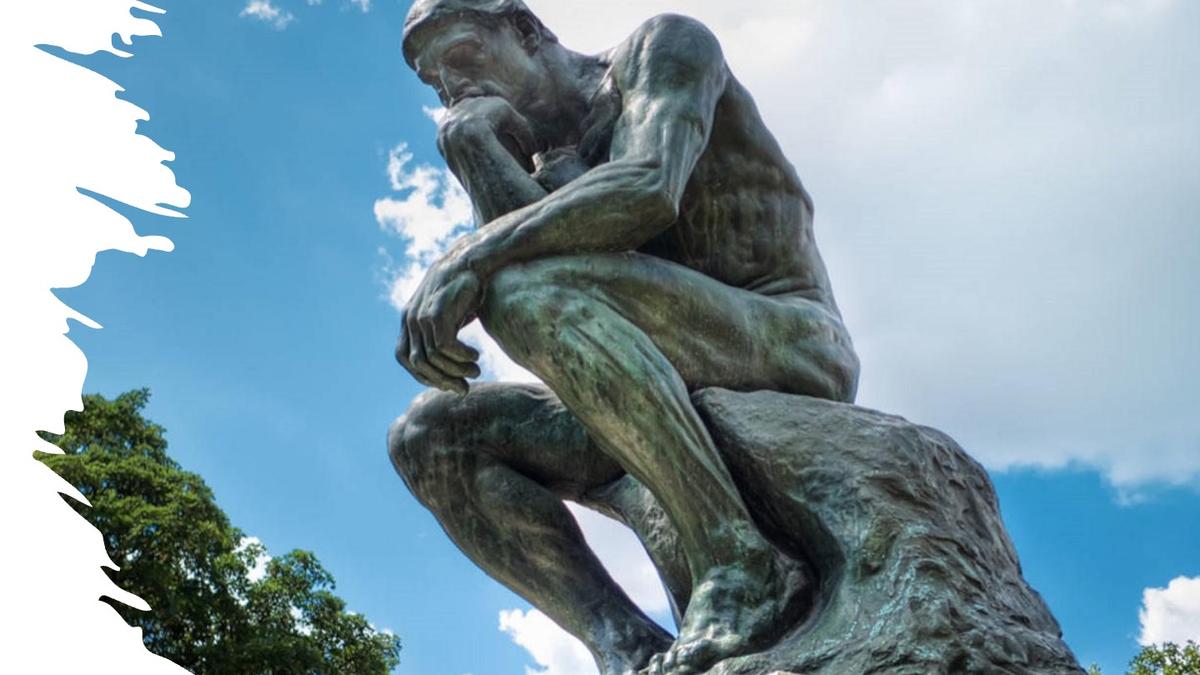Principal's
Reflection
Mrs Josie Crisara OAM

Principal's
Reflection
Mrs Josie Crisara OAM
I thought I would take you on a journey to unravel the mysteries of what it truly means to be human. There has been lots of talk about AI (artificial intelligence) and we all should wonder what effect AI might have on being human.
Artificial intelligence comes from sets of instructions that people write. These instructions are called programs. Computers use programs to analyse large amounts of information quickly. Then they pick answers or actions from among many choices.
AI is when you make a computer like a little brain. You help it to learn by giving it a lot of words and pictures and numbers. But it only knows what you show it and tell it, so it's not as smart as a human.


This image which is a snippet of Michelangelo’s work in the Sistine chapel. It denotes the link between humanity and God. Humankind is described as being created in the image of of God; created out of love to love and to be loved.


But what about this image – a robotic arm linked to a human.
There are people who have robotic limbs, cochlear implants, a bionic eye, a voice synthesizer and connected to smart devices. There are computers that can write for you (like maybe this speech) or research information.
Do these things make you less human?
The 1986 American science fiction comedy film Short Circuit centres on an experimental military robot that is struck by lightning and gains a human-like intelligence, prompting it to escape its facility to learn more about the world.
Is this film science fiction or is Number 5 alive? Is it make believe or is it real?
The film is nearly 40 years old and we know that there are robots/AI capable of amazing human-like things.
So what does it mean to be human?
The question about what it means to be human has intrigued philosophers and scientists. This might sound like a complex topic, but I will break it down into five things.


Firstly being human is about emotions. We laugh, we cry we feel joy and sadness. It can be like sitting on a rollercoaster. One moment you are reaching the heights of joy and in the next you are plummeting into the abyss of despair. Emotions make us uniquely human.
Robots can simulate emotions to some extent, but they do not actually feel them. Emotions are a complex mix of physiological and psychological responses and machines simply do not have the necessary biology or consciousness to experience them.


Secondly, humans are incredibly creative. Over time we didn’t just paint rock walls, we
built pyramids, composed symphonies, travelled to the moon, designed a new app. Humans have a knack for making things. Robots/AI make what you instruct them to make.


Thirdly, there is the power of thought. Humans have an incredible capacity for imagination and reasoning we can plan for the future, learn from the past and understand the present. Robots/A1 learn from what you feed in from the data you input.


Fourthly, we can communicate to express ideas, share stories and build connections and we can show compassion. Humans have this unique ability to care for others, we form societies, create laws and can work together to build a better world.


And lastly humans have a sense of morality. We can distinguish right from wrong. It is that moral compass that helps us navigate the complexities of life and build a better world
Being human is about the depth of our emotions, the height of our creativity, the power of thoughts, the richness of communication, the compassion we should and the values we exhibit.
Speech delivered at Presentation Night
6 December 2023